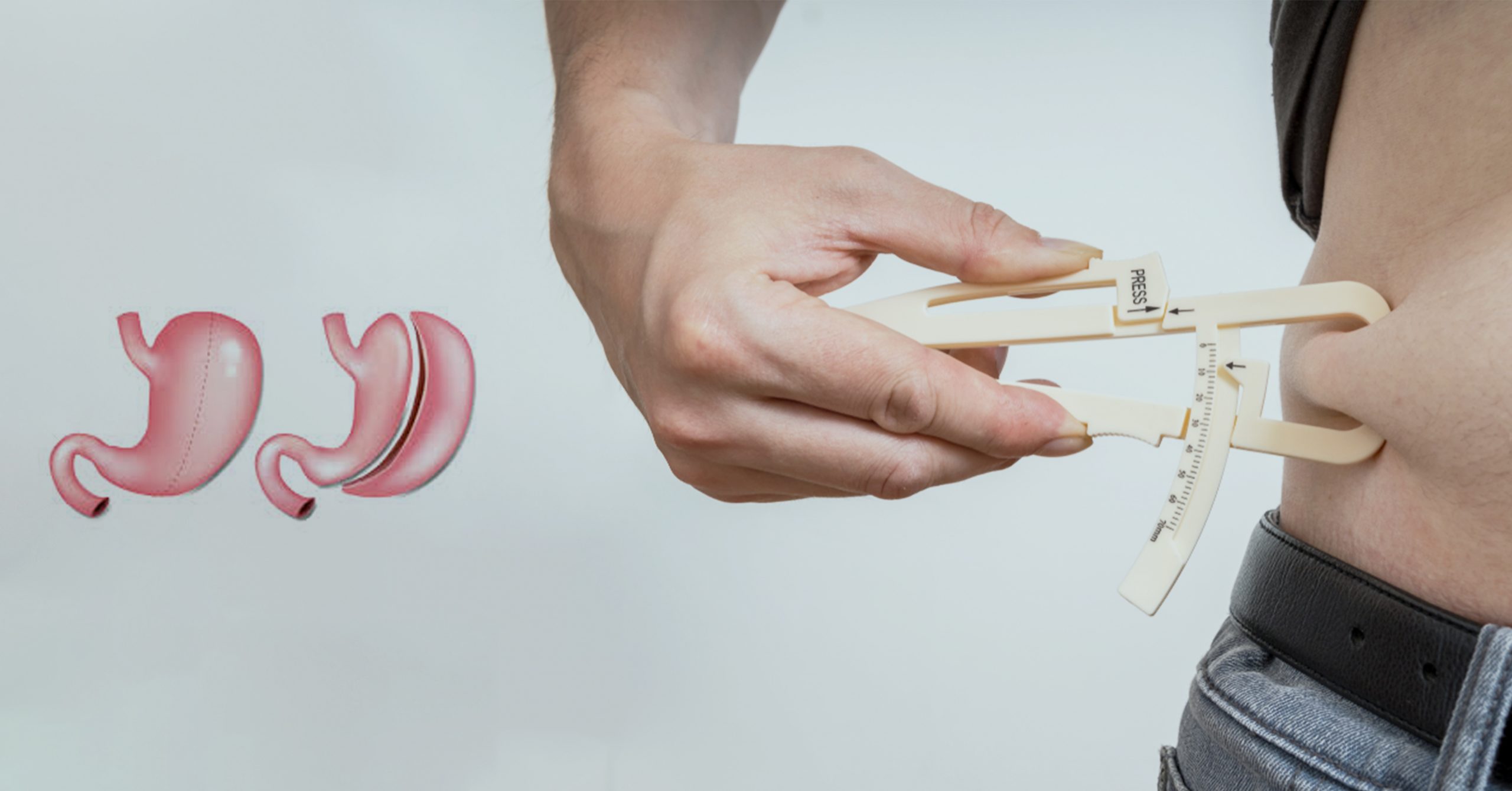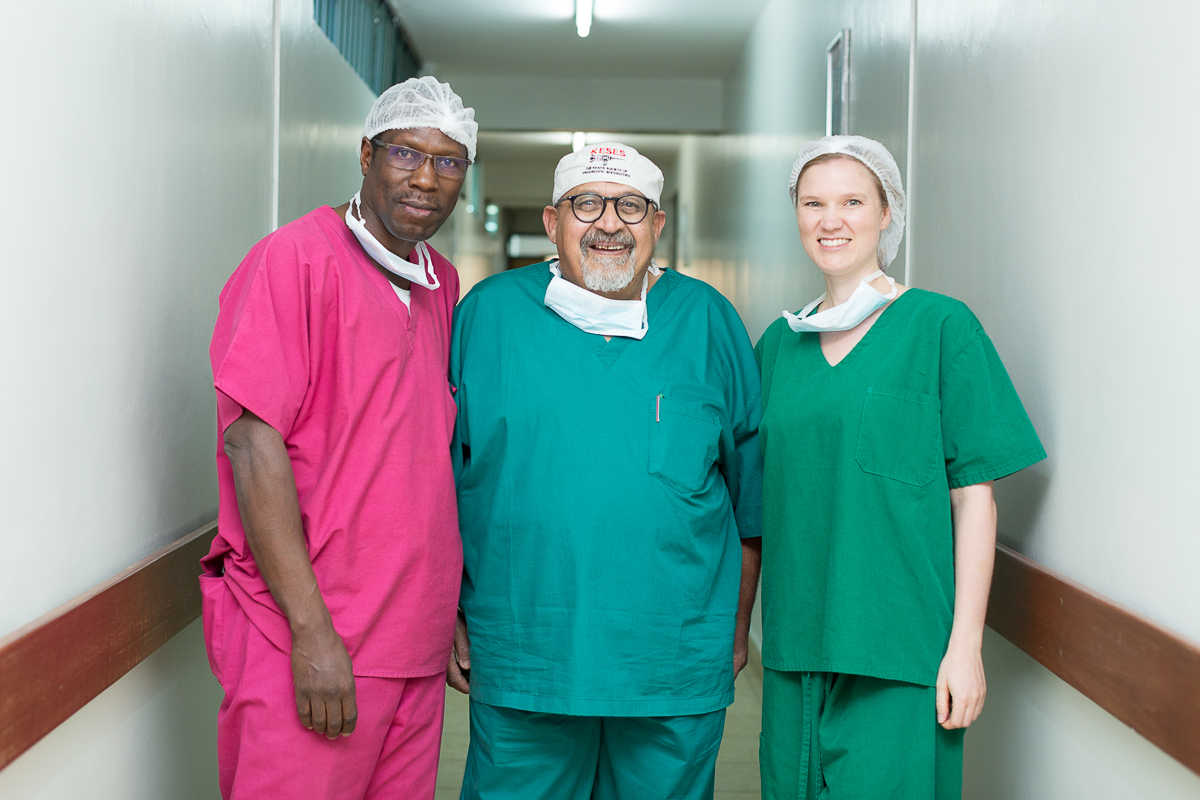Laparoscopic Gastric Balloon Surgery
Laparoscopic Gastric Balloon Surgery

What is a gastric balloon?
A gastric balloon, also known as an intragastric balloon or belly balloon, is a soft balloon that is inserted into your stomach through your mouth using an endoscope, non-surgically.
It is an endoscopic treatment for obesity that together with a balanced diet and physical activity helps losing weight.
The gastric balloon can be considered as an option for weight loss if your body mass index is 29 and higher.
Gastric Balloon Surgery in Mombasa, Kenya
Breakthrough Weight Loss Procedures
Surgery for weight loss remains a key strategy for the treatment of obesity, but more options are emerging for the management of this disease.
The gastric balloon procedure is a life-changing experience, designed for patients who are not morbidly obese but also may not be able to undergo bariatric surgery. It provides a new effective weight loss program that helps kick start weight loss habits and results.
At KLASS, our practitioners are well-versed in weight loss control procedures. Schedule a consultation with our top-rated laparoscopic surgeon in Kenya specializing in weight loss control procedures to help you lose weight and keep it off.

What happens during a gastric balloon surgery?
A gastric balloon provides patients a safe, comprehensive non-surgical weight loss solution.
With the aid of an endoscope, in a deflated state, a soft silicone balloon is delivered into the stomach where it is inflated by filling it with saline solution. The balloon partially fills your stomach, leaving less room for larger amounts of food and/or drink intake.
The gastric balloon is designed to be temporarily placed and is removed after six months. After having the balloon for six months, it is removed and patients continue to maintain their healthy lifestyle.
The procedure acts as a tool to help form better weight loss strategies and reinforce portion control. With the gastric balloon in place, it creates a feeling of early and prolonged fullness after and between meals.
The team at KLASS work together and to monitor the patient’s food intake and metabolic health before and after the procedure. Diet and exercise are crucial after the procedure, even after the balloon is removed at the six-month mark.

What are the Advantages of Gastric Balloon?
- The gastric balloon means that you do not have to undergo surgery which can be risky.
- It involves a quick procedure followed by a short recovery period. You can return to work and other duties quickly.
- It can also improve any obesity-related conditions such as sleep apnea, high blood pressure, stroke, Type 2 diabetes, and arthritis.
- You do not have to take a daily nutritional supplement.
Risk and complications of Gastric Balloon Surgery?
In general, this is a very safe procedure. However, complications are rare but can happen and these are likely to be the following:
- Leakage or actual bursting of the balloon.
- Ulcers (rare).
- A rupture or bleeding in the stomach or windpipe caused by a faulty insertion of the balloon.
- Gastric problems such as reflux, abdominal pain, nausea, and vomiting.

Gastric Balloon Outcomes & Recovery
The gastric balloon can help patients lose more weight than with diet or exercise, this weight loss strategy indicates that patients who receive gastric balloon coupled with behavior modifications such as improved diet and exercise can lose over two times as much weight after 12 months than people who simply follow behavior modifications.
Everyone is different when it comes to adjusting to the balloon: some people do get used to it a lot easier than others.
You may find that for the first few days afterward, you have cramps, bloating, nausea, and even vomiting but this only because your stomach is getting used to the balloon. After a few days, this will settle down.
Our bariatric surgeon in Mombasa, Kenya advises that the patient should try to avoid any unnecessary physical activity until after a week has passed.
Once you have become used to the balloon you can then increase your activity levels.
This balloon forms part of a comprehensive aftercare plan which involves discussing sensible food options with you, arranging an exercise routine, and monitoring your progress via regular follow up sessions.

World-Class Level of Care at KLASS
Dr. Yusuf Palkhi was one of the first surgeons in Mombasa to introduce minimally invasive surgical procedures in Mombasa town to help individuals who needed laparoscopic general surgical procedures.
He is committed to improving the lifestyles of individuals residing in Mombasa to help them take back control of their lives without the need to travel far for such procedures.
Together with his expert surgical team in Mombasa, Kenya they provide the highest level of holistic surgical care to individuals, ensuring that they meet their individual health needs.
He is keen on ensuring that majority of people have access to expert, world-class care and expertise that is both affordable and accommodating to their needs and life goals.
Dr. Yusuf Palkhi, a laparoscopic surgeon in Mombasa, Kenya specializes in helping individuals who ail from the appendix, gallbladder, reflux, hernia repairs, colon, pancreas, spleen, and emergency abdominal surgeries.
He is also very passionate about helping individuals regain control of their lives through bariatric weight loss procedures.
Our Affiliations

Reserve An Appointment
Should you wish to book your appointment online, Our Doctors Calendar is available to you, Simply head over to Reserve your Appointment and view the doctors available times where we can be able to help you.
